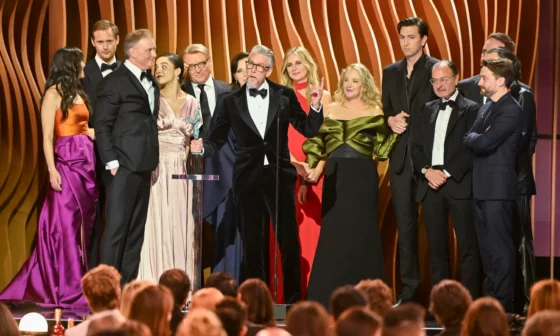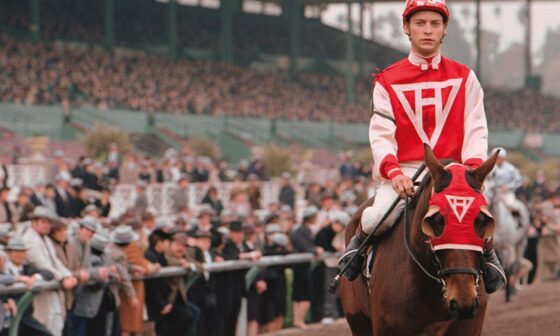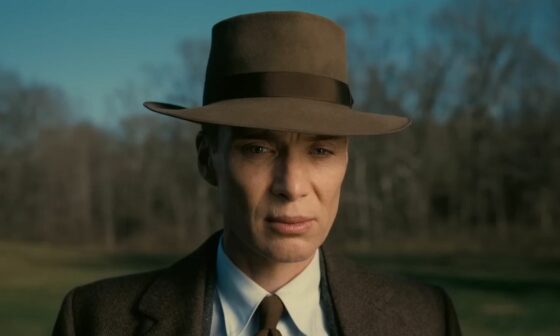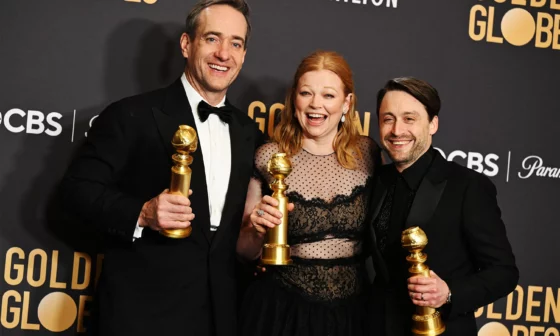2021’s Candyman is both a sequel to the 1992 original and a reboot of the franchise. It ignores the straight-to-video sequels. The 2021 version aimed to recapture the atmosphere of the original and add even more social commentary.
Anthony McCoy (Yahya Abdul-Mateen II) is an emerging artist who uses the Candyman urban legend as the inspiration for his latest work. One of his pieces calls on people to call the Candyman, leading to the fabled killer to return.
One of the driving forces behind the production of this film was Jordan Peele. Peele has gained a massive reputation in the horror scene because of his directional debut, Get Out.
Get Out was a horror film praised for its racial commentary and themes. It even won an Academy Award for Best Original Screenplay. Peele’s name and franchise recognition made progress for Candyman (2021) possible.
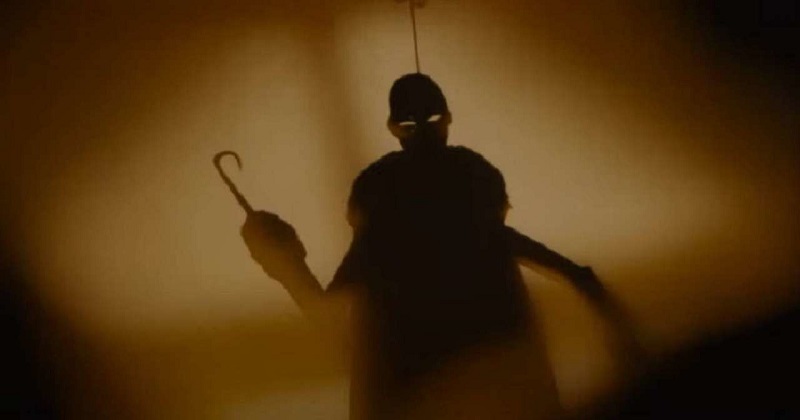
The original Candyman was a film that had social themes. It was a film set in the Cabrini-Green projects of Chicago. It was a promotionally African American area that was known for social deprivation. As the main character from the first film states, the police didn’t care about the area until a white woman was assaulted. Candyman (2021) took these ideas even further.
Since the events of the first film, Cabrini-Green had changed massively. It had been gentrified and has become a trendy place to live. It had turned from a crime-ridden concrete jungle to a trendy area that attracted affluent young people. Characters in the film stated that white people gave black people the ghetto and when they realised what they had done they took the ghetto away.
The myth of the Candyman was predominant within the poor African American community of Cabrini-Green. With the area gentrified the Candyman’s presence had disappeared because he was seen as a way for people of Cabrini-Green to cope with the crime and poverty of the area. Candyman’s power came from his infamy and he needed his legend to spread.
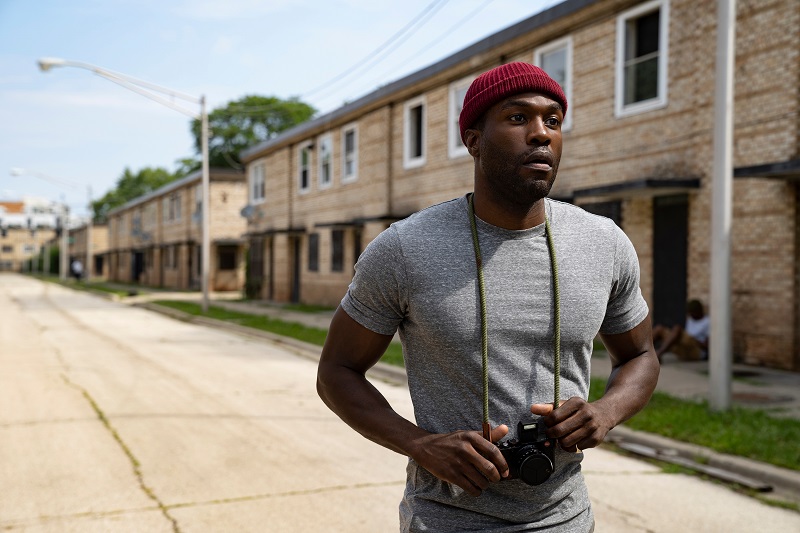
The filmmakers recontextualised the myth of The Candyman as a symbol of black repression. The various Candymen were the victims of the white authorities and mob mentality. Candyman’s existence and power came from African Americans. All the victims of The Candyman in this film were white. However, this reframing of The Candyman retcons the original for two reasons. The first was at the end of Candyman, Helen became the next Candyman, the second was The Candyman did kill an African American character in the first film.
One of the original aspects was the film showed the evolution of an urban legend. This was shown with the retelling of the events of the first people. Fact and fiction were blurred because events like the decapitation of the rottweiler and kidnapping of a baby, but Helen was remembered as nothing more than a psychopath.
Whilst Jordan Peele and his production company produced Candyman, the director of the film was Nia DaCosta. DaCosta is an emerging talent: her follow-up film is an MCU movie. She crafted some great sequences, especially when The Candyman made his kills. The Candyman could only be seen in mirrors, so people looked like they were attacked by an invisible force with The Candyman only visible in reflective surfaces.
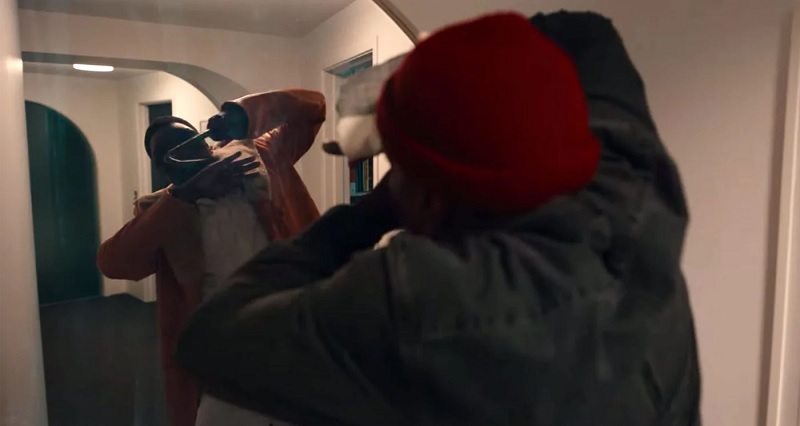
The big issue with this version of Candyman was the writing. The first issue was the disjointed nature of plotting. There were plot elements that were introduced but didn’t go anywhere. The worst example of this involved a flashback to Brianna’s (Teyonah Parris) past. It added nothing to the film and just felt like a waste of time.
Another scene involved a group of teenage girls doing The Candyman chant at school. As a stand-alone sequence it was impressive and could have worked as a short film, but within the context of Candyman (2021) it only felt like a diversion.
The other issue with the writing was the political message and social commentary. It was as subtle as a brick which will lead to criticism. People across the political spectrum will call the film preachy and people who don’t agree with the message will really hate Candyman (2021).
Candyman (2021) had a strong message about the power of urban legends and was admirable for its social commentary. It was effective at bringing the franchise to the modern era.
#Peace.Love.Candyman



